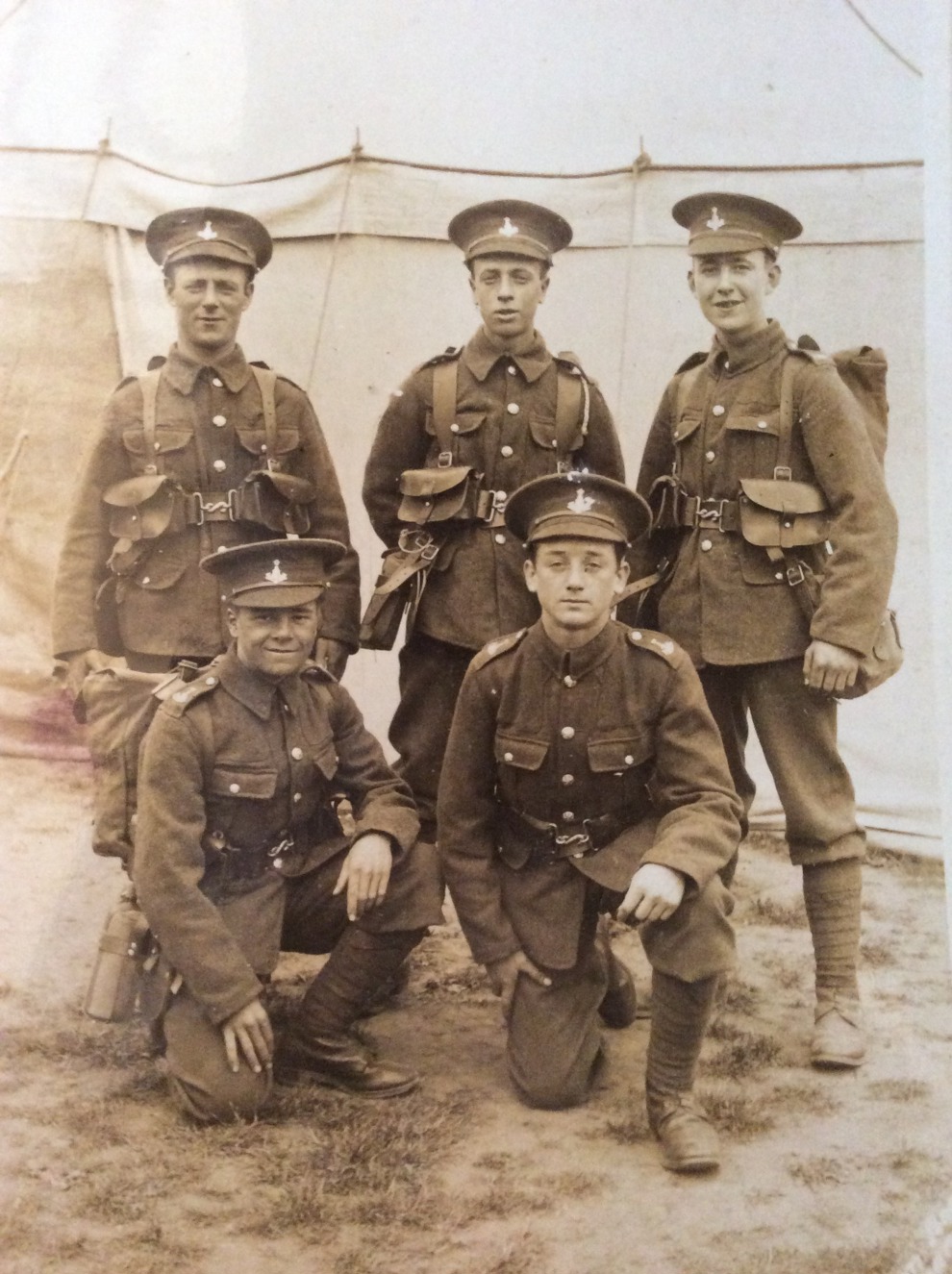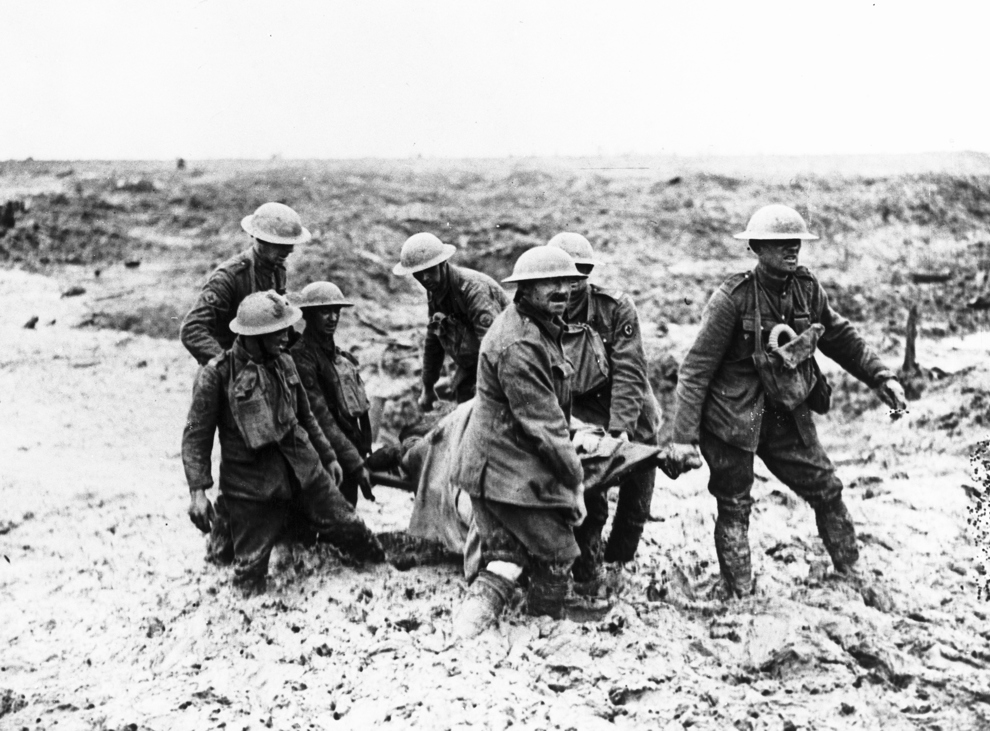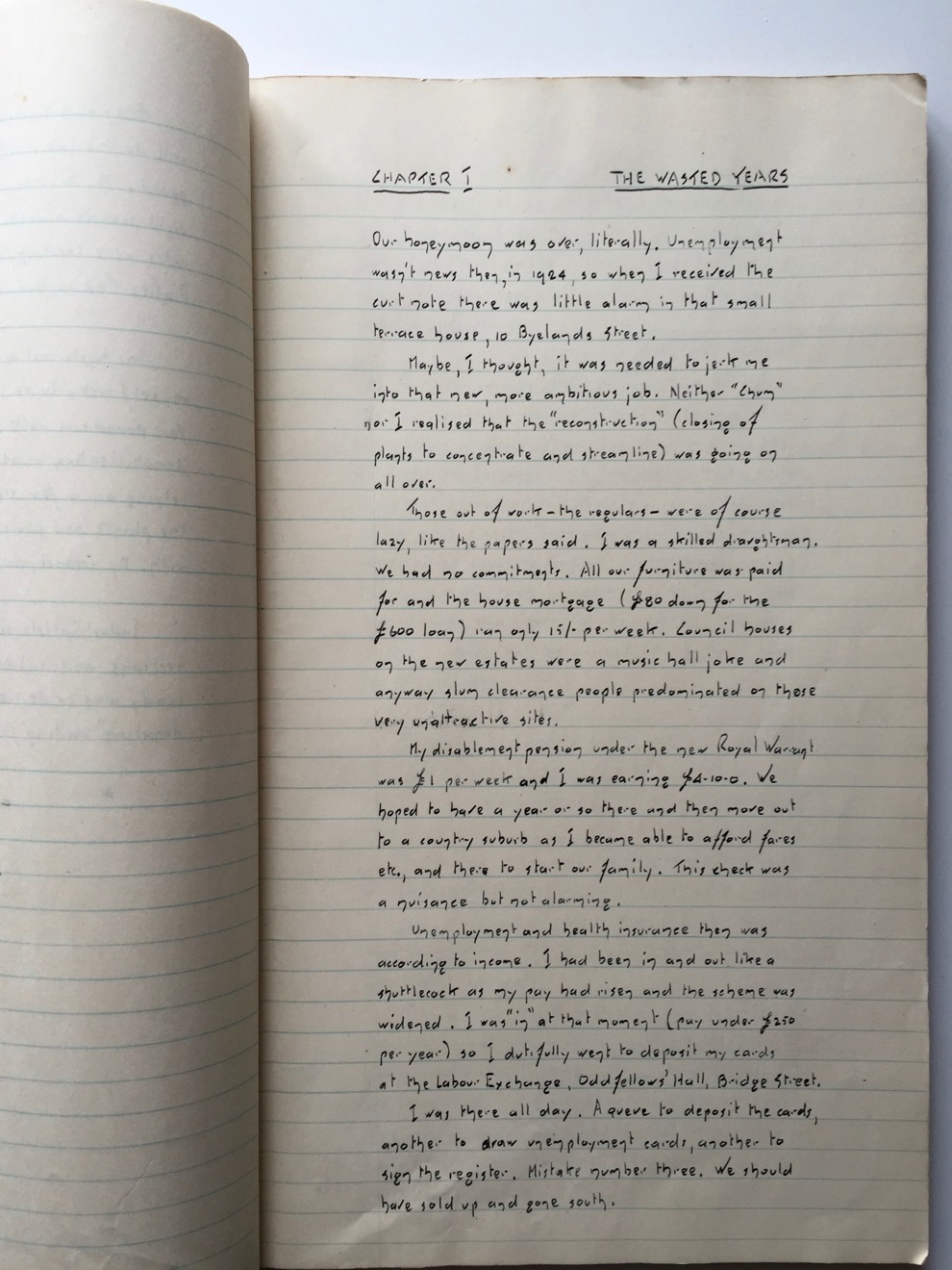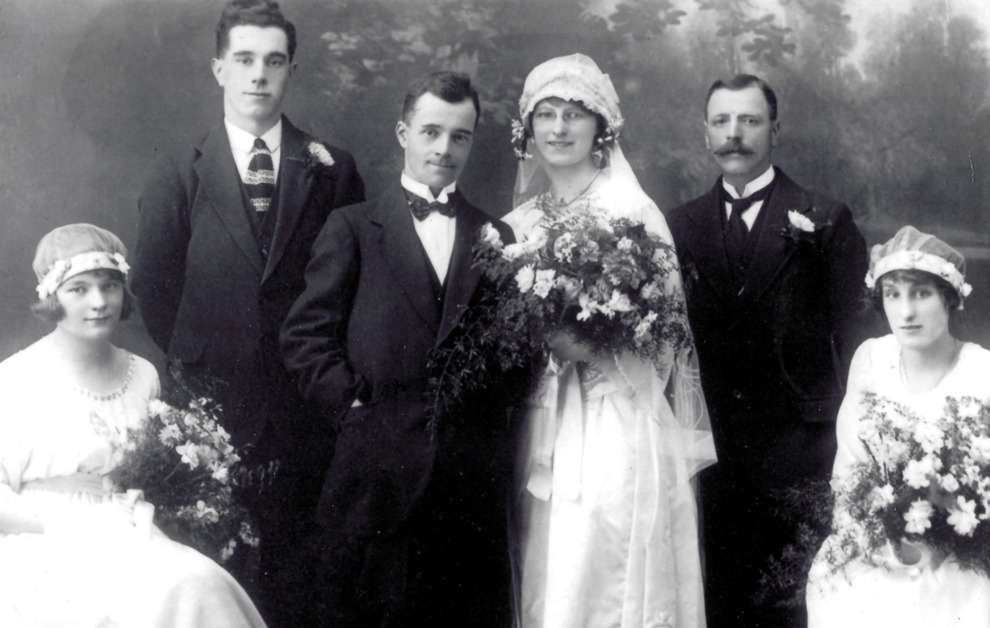Wilfred Whitfield was an unlikely war hero. At 5ft 2in tall, and weighing just 8 stones, he volunteered to fight in WWI every week from the start of the conflict, but was sent home each time (the minimum height for a soldier was 5ft 3in). The huge loss of life as Germany swept through Europe eventually gave him his chance and he was allowed to sign up. Wilf lost his left arm at the Battle of the Somme, which began 100 years ago on 01 July 1916, and marked the worst day in British military history as 57,000 troops were either killed or wounded.
But like so many other amputees who returned to ‘normal’ life, Wilf ’s war didn’t end with the Armistice. There was no hero’s welcome and Wilf was refused jobs for three years. Along with other amputee Service men, he found his benefits cut and doors shut as the nation struggled through the Depression of the 1920s. The terrible conditions facing a generation of young men who returned with life-changing injuries was the catalyst for the formation of Blesma. Wilf, who died in 1958 aged 62, and fellow amputees seldom spoke of their experiences in war but were prepared to go into battle again and again to improve employment opportunities, medical techniques, social support and public awareness of the struggles of wounded veterans.
Wilf was instrumental in setting up the Teesside branch of Blesma, then the Limbless Ex-Service Men’s Association, to campaign for the 40,000 soldiers who lost limbs or eyes during the war, only to find just one in 10 of them could regain employment. Wilf recorded his military and civilian campaigns in a diary that spent years in the loft of his daughter’s home in Middlesbrough. His family has edited his diary into a valuable testimony of one man’s war experience, and his fight against injustice and discrimination.

The book, Wasted Effort, follows the lethal rhythm of life in the trenches; the bravery of ordinary soldiers and the rigidity of orders – Wilf was fined for returning to his post without his Army-issue greatcoat despite having survived four days in No Man’s Land shell holes.
“He went through a horrible time but he didn’t moan, criticise, or complain at any point,” says grandson Paul Fellows. His granddaughter Alison Care, adds; “It’s amazing to think Blesma is still going, still needed. Yes, things have moved on and we have the welfare state, but soldiers are still coming back from conflict zones likes Afghanistan having lost limbs.
“As grandchildren, we never met Wilf, which is sad, but we are extremely privileged to have his diaries. Though we have been told Wilf never spoke of the war, he managed to leave us this legacy so we can understand a bit more about it and him.”
Wilf ’s diaries, extracts of which appear here, are a rich piece of military and social history that tell of one man’s bravery and refusal to give up despite facing mountainous odds as an amputee at the end of WWI. The determination of men like Wilf to fight for a better deal for their comrades is one of the reasons why Blesma was established, and why the Association is still helping wounded Service personnel today.

Wilfreds's Diary Extracts: Wasted Effort: A Journal of the First World War
NOVEMBER 1914.
"At age 18, in 1914, I was a healthy member of society, but not very prepossessing. I had only reached 5ft 2in and, for a few weeks after that fateful bugle call, watched Regulars and Territorials depart for the front. I watched, not envious of their heroics, but envious of their chance of seeing life. The posters were out asking for volunteers and I commenced a weekly trip to the recruiting office and strenuous exercises to put on inches."
MARCH 1915.
"Early in 1915, I presented myself as usual on the Friday evening. The sergeant in charge, an old friend by now, said; ‘You know the local Territorial Battalion, the 4th Yorks? Well, they’ve been practically wiped out at Ypres. For a limited period recruiting standards have been lowered and, if you’re serious enough, then you can keep your shoes on while I take your height."
After being told by the sergeant in charge to head down to the Territorial Battalion, the 4th Yorks, Wilf was passed fit for military service by the doctor and started his training as a signaller at Northallerton.
"Moving off in small sections at 10-minute intervals, across country that might have been just outside Middlesbrough, but was just outside Locre, Belgium… Out of the blue came a sound. A cloud of smoke and dust mushroomed about a hundred yards away… We were off again with our hearts pounding and tongues dry. We were not soldiers now, merely frightened boys."
Wilf’s unit took up station at Kemmel Chateau, near Ypres.
Wilf’s job was to establish communication wires between units and then repeatedly sneak into No Man’s Land to repair breakages. The 4th Yorks Battalion was marched 75 miles from Locre to Albert, in France, and the Battle of the Somme.
"Acrid smoke filled the air and I felt the earth moving. Sandbags slithered down onto me or knocked the breath out and I pressed to the trench wall trying to identify myself completely with the earth. My feet were becoming trapped and I shook them clear. It was dark no longer. Survival, that’s the thing."

SEPTEMBER 1916.
"Only stumps of trees, the ground soft, loose and churned up. Not one single inch had escaped and the dead – hundreds of British and Germans in positions which each told a story – lying as they fell, just part of the soil, except where pals had scraped a cover over and stuck the rifle on its bayonet to identify the spot. For miles, these upside down rifles replaced the gone vegetation. I estimated my chances of survival from now on as 100-1 against."
Wilf volunteered for a working party that came under fire.
"On the way back a trench too wide saved my life. As I clambered out of the other side, I heard the shell coming. Instinctively freezing, the crash came. My arm, reaching up to the trench top, jerked and something happened to my shoulder and then the arm went numb."
Wilf was taken to hospital at Abbeville, the arm was amputated and he was sent back to England. The Battle of the Somme ended on 18 November 1916 with more than one million dead or wounded in four months.

POST WAR.
The England that Wilf returned to was very different from the one he left to fight for. Another battle loomed for Wilf – adjusting to life without a limb. Wilf was branded ‘incurably unemployable’ because of his missing arm and was rarely sent for jobs. Wilf used his time to study employment law, using it to fight for better conditions for his fellow jobless war wounded. He was instrumental in establishing one of the first branches of Blesma and, even when he got a draughtsman’s job, he continued campaigning. Wilf, now married to Elsie, and with daughter Sylvia born in 1932, used his post war diaries to record his anger at the treatment of workers.
His final judgement on the plight of injured ex-Service men rings true today: "Fundamentally wrong ideas still hinder disabled people more than their own handicap."
Wilf’s diary entries and journals have been edited into a book. Wasted Effort: A Journal of the First World War 1915-1916 and Diaries 1917-1951 is currently available from Amazon, priced just £4.99.
We can help
We are dedicated to assisting serving and ex-Service men and women who have suffered life-changing limb loss or the use of a limb, an eye or sight. We support these men and women in their communities throughout the UK. Click the link below to find out the different kinds of support we offer.
Get Support
Leave a comment
Join fellow Members and supporters to exchange information, advice and tips. Before commenting please read our terms of use for commenting on articles.